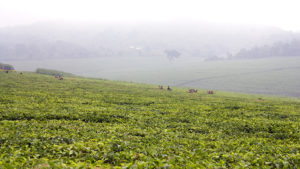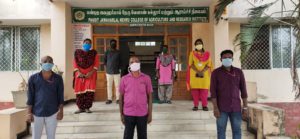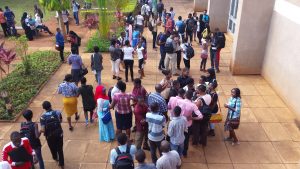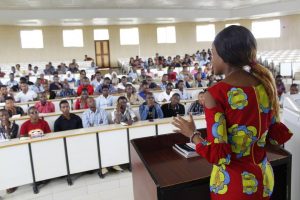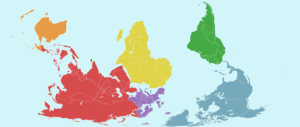Capacity development for evidence use – sharing the SEDI principles
Working in partnership with country governments, the SEDI programme aims to develop capacity and promote innovation in increasing evidence-informed decision making in Uganda, Ghana and Pakistan. Emily Hayter discusses the capacity development principles that underpin the way this programme operates.

